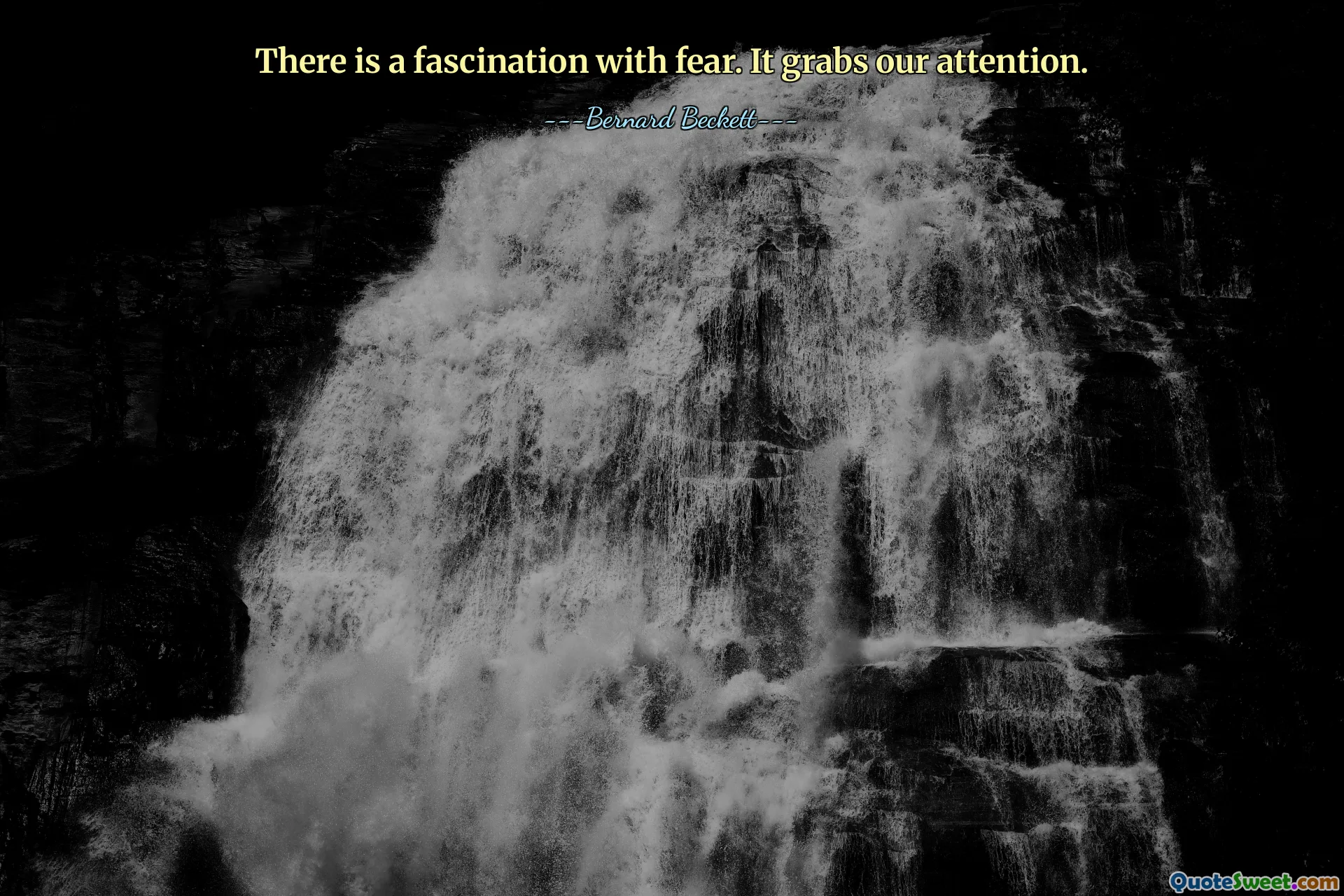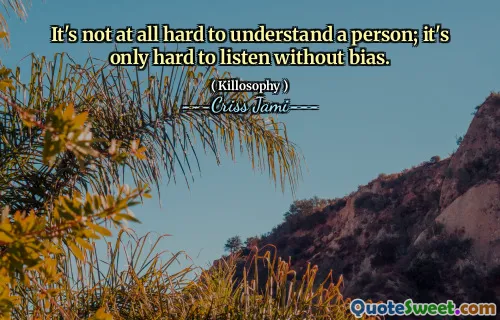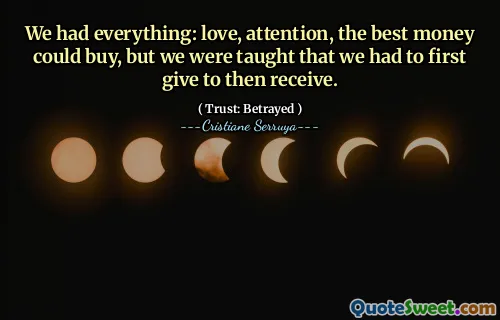
There is a fascination with fear. It grabs our attention.
📖 Bernard Beckett
Our fascination with fear is deeply rooted in the way our minds respond to threat and uncertainty. Fear acts as a powerful emotional trigger, grabbing our attention and compelling us to focus on potential dangers. This response has evolutionary advantages, as it can alert us to imminent threats and promote survival. However, in modern society, this fixation can become a double-edged sword. Media outlets, for example, often amplify fears—be it about political unrest, health crises, or disasters—because fear commands engagement and emotional investment. This creates a cycle where our brains become conditioned to seek out stories and situations that evoke anxiety, sometimes at the expense of rational thought and calm reflection.
This fascination can also influence behavior and decision-making, sometimes leading to panic, prejudice, or irrational reactions. We might ignore positive news or human achievements that don't generate the same level of emotional response. Conversely, fear can motivate important actions like public health measures or safety precautions. Recognizing this pattern allows us to become more mindful of our emotional biases and develop healthier ways to process information.
Ultimately, understanding our attraction to fear not only sheds light on human nature but also challenges us to seek balance—recognizing what frightens us without allowing it to dominate our worldview. The key may lie in cultivating awareness of when fear manifests as a useful emotion and when it becomes a manipulative or counterproductive force, guiding us toward more rational and compassionate responses.









